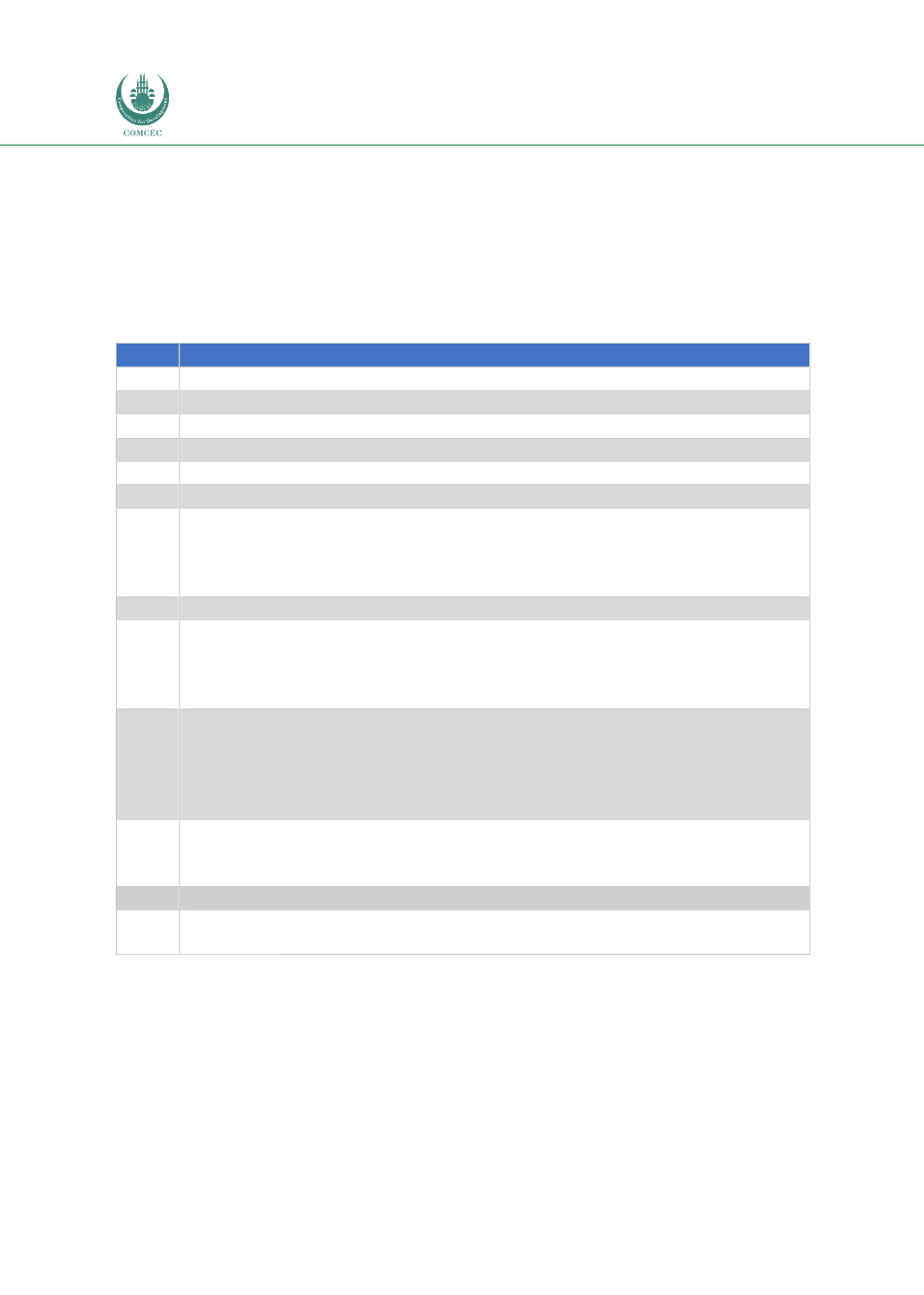

Islamic Fund Management
102
4.3.2
Evolution of Pakistan’s Islamic Fund Management Industry
In assessing the evolution of the Islamic fund management industry in Pakistan, focus has been
given to three categories of fund management: Islamic mutual funds, Islamic pension funds,
and Islamic REITs―as vital components of the industry. The key infrastructure developments
and regulatory milestones that the Pakistan fund management industry has achieved since
1962 are summarised i
n Table 4.12 .Table 4.12: Key Milestones of Pakistan's Fund Management Industry
Year
Timeline Description
1962
Introduction of National Investment (Unit) Trust (NIT)
1966
Investment Corporation of Pakistan (ICP) launched closed-end funds
1971
Introduction of Investment Company and Investment Advisers Rules
1983
Establishment of first private-sector close-ended fund
1995
Introduction of Asset Management Company Rules
1997
Launch of first private-sector open-ended fund
2003
Introduction of NBFC concept and regime for mutual funds via Non Banking Finance
Companies (Establishment & Regulation) Rules
Establishment of the first Islamic AMC, i.e. Al Meezan Investment, to launch Islamic
funds
2005
Introduction of Voluntary Pension System Rules
2008
Introduction of a separate set of Non Banking Finance Companies and Notified
Entities Regulations for mutual funds
Introduction of REIT Regulations
Launch of the KSE Meezan Index (KMI-30) as the first Shariah-compliant index
2015
Revamped REIT Regulations
Introduction of Private Funds Regulations
Launch of first Islamic REIT – Dolmen City REIT
Launch of PSX-KMI All Shares Index to screen all Shariah-compliant companies
listed on the Pakistan Stock Exchange (PSX)
2016
Approval of Regulations Governing ETFs on the Karachi Stock Exchange (KSE)
Merger of three main stock exchanges (Lahore, Karachi and Islamabad) into a single
trading platform, known as the Pakistan Stock Exchange (PSX)
2017
Issuance of Shariah Advisors Regulations
2018
Shariah Governance Regulations on Shariah-compliant companies and securities (in
progress)
Source: SECP (2013), SECP
In terms of tax incentives, Islamic funds are treated the same as their conventional
counterpart; all investors enjoy some benefits, as summarised in
Table 4.13 .AMCs, on the
other hand, are not entitled to extra benefits for managing Islamic funds.
















